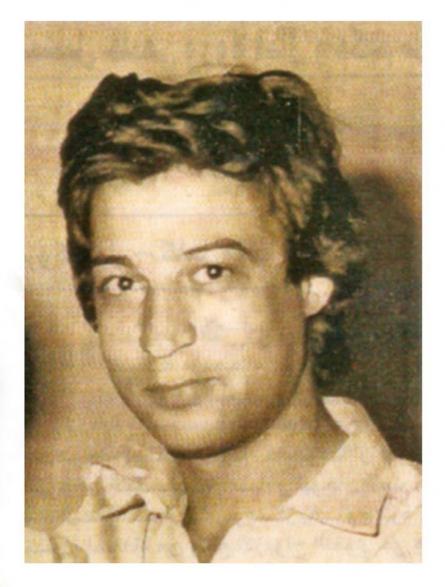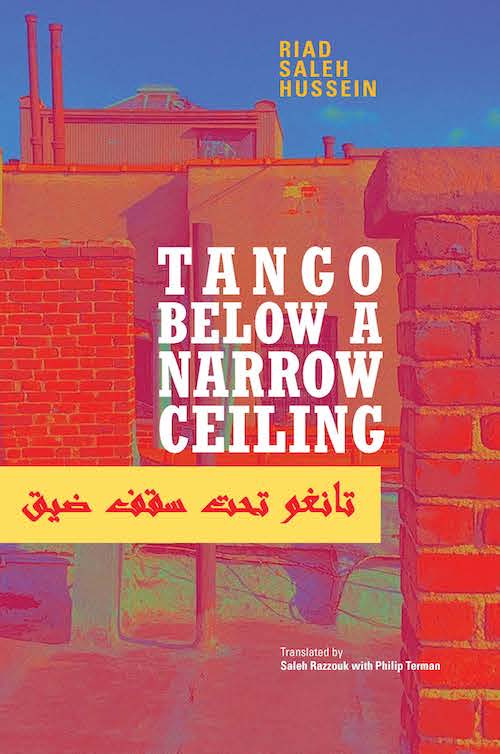I wish to go to the villageTo harvest cotton and breathe fresh airI wish to come back to the cityIn a van full of peasants and lambsI want to wash in the riverUnder the moonlightI want to see a moonIn a street, a book, or a museumI want to build a roomEnough for a thousand friendsI want to befriend the sparrow, the air and the stoneI want to put a riverIn prisonI want to steal the jail cellsAnd throw them into the seaI want to be a magicianAnd hide a knife in my hatI want to reach my hand insideAnd pull out a white songI want to possess a pistolTo aim at the wolvesI want to be a wolf and swallow the shooterI want to hide in a flowerBecause I fear the killerI want the killer deadWhenever he sees rosesI want to open a windowIn every wallI want to build a wallIn front of whoever closes the windowsI want to be an earthquakeTo shake the idle heartsI want to place in every heartAn earthquake of wisdomI want to snatch a cloudAnd hide it in my bedI want the thieves to steal my bedAnd hide it in a cloudI want to make every word a tree, a loaf of bread or a kissI wish for whoever does not love treesBreadAnd kissesTo stop talking
Wishes
Feature Date
- December 29, 2021
Series
- Translation
Selected By
Share This Poem
Print This Poem
“Wishes” from TANGO BELOW A NARROW CEILING: by Riad al-Saleh al-Hussein.
Published by Bitter Oleander September 1st, 2021.
English Copyright © 2021 by Saleh Razzouk and Philip Terman.
All rights reserved.
Reproduced by Poetry Daily with permission.

Riad al-Saleh al-Hussein (1954-1982) was a Syrian poet from the Aleppo province. As a result of a medical error, he suffered a loss of hearing and became mute at the age of 13, and he ended his formal schooling. He lived poorly, working various menial jobs, yet worked in Cinema Life Magazine in Damascus, and later for the Tishreen Daily until his early death after a brief arrest for unspecified reasons. He published three collections of poetry; the fourth appeared after his death. A complete edition of his works was published in Baghdad, edited by Emad Najjar. His poetry foresees the devastation in Syria today. It’s no surprise that he was detained by the authorities and tortured. Because of his popularity among the younger generation and his good relations with important representatives in the media and among Syrian cultural figures, he was granted release in less than a week. But the psychological scars penetrated deeper: he was ill, without access to meet expenses for his treatment, and he died only months after his release at the age of 28. He was considered a pioneer of prose poetry. Recently, on the fortieth anniversary of his passing, the Palestinian Writers and Journalists Union organized a symposium in commemoration of his poetic experience and in recognition of his importance as one of the prominent figures of the prose poem.

Fayetteville, New York
"In terms of his poetics, Riad did not trust a modernity without traditions. Instead, he preferred a modernity that was able to digest many tones and styles while still staying aware of its sources. Riad combined contemporary themes with hybrid, experimental forms, often in the same poem; his language (even in translation) encompasses, in frequently startlingly surreal imagery, an impressively expansive range of themes from the lexicons of art and nature, military conflict and sensual intimacies, and the stuff of his highly imaginative and sensitive interior dream world. In the manner of a Vallejo or a Neruda, his rhythm often breaks through its form, yet at the same time one senses the immediacy of his intense passion combined with his deeply attuned sense of compassion: “I want to build a room/Enough for a thousand friends..../I want to place a river/in the prison/I want to steal the jail cells/And throw them into the sea” (“Wishes”). During the period of the Arab “Beat Generation,” Hussein’s popularity thrived. His handsome appearance, complicated attitude with women, Dylan Thomas-like affection for alcohol, and his expansive, Whitman-like openness, made him a veritable poetry star."
—from Saleh Razzouk and Philip Terman's introduction
Poetry Daily Depends on You
With your support, we make reading the best contemporary poetry a treasured daily experience. Consider a contribution today.



